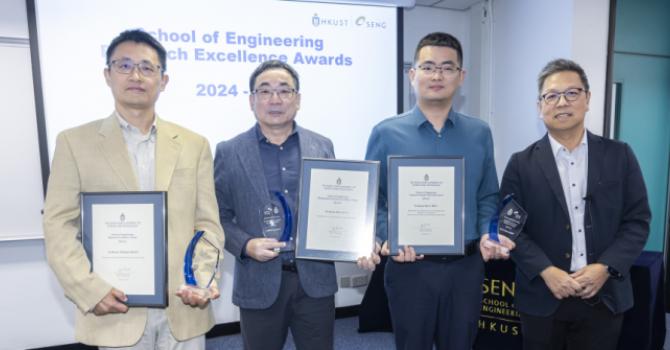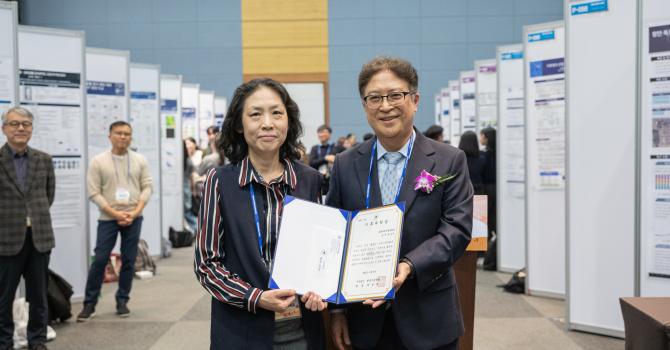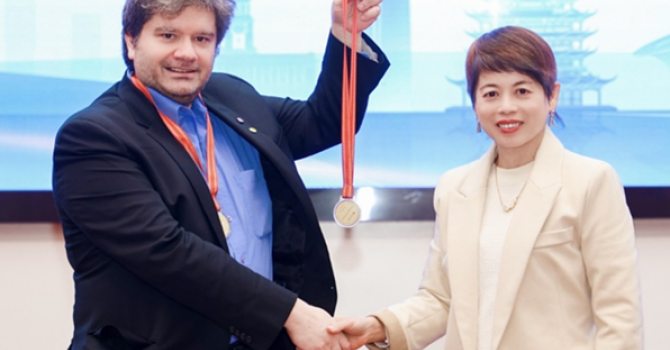Prof. Limin ZHANG Awarded RGC Theme-Based Research Scheme Funding
Prof. ZHANG Limin, Chair Professor and Head of the Department of Civil and Environmental Engineering, has received almost HK$74 million of funding from the Research Grants Council (RGC)’s Theme-based Research Schemes 2023/24 for a project entitled “Digital Twin–empowered Landslide Emergency Risk Management”. The project, which Prof. Zhang coordinates, is one of three receiving a combined total of $167 million from the RGC’s Areas of Excellence (AoE) and Theme-based Research (TRS) Schemes 2023/24.
With funding awarded under the theme “Developing a Sustainable Environment”, the project is a broadly encompassing collaboration involving, in addition to HKUST, CUHK and HKU, as well as the government and the industry, bringing together experts from geotechnical engineering, construction informatics, computer science, remote sensing, hydrology, geology, transportation, emergency management and public policy to explore how landslide risks can be managed using scientific means in the digital era.
Landslides are among the most catastrophic natural hazards, and can be triggered by different natural and man-made events. In particular, rainstorm- and earthquake-induced landslides have over the past four decades accounted for 85% of all deadly landslides worldwide, costing over 180,000 lives. In fact, a singular extreme storm or massive earthquake will trigger countless localized landslides: in 2008, a June rainstorm in Hong Kong induced over 3,100 landslides and wreaked havoc on multiple urban systems across the territory, and the Wenchuan Earthquake led to 200,000 co-seismic landslides, sparking long-term active landslide-centric geohazards in the area.
As global population continues to grow and people increasingly inhabit seismic zones, coupled with climate change which results in ever more frequent rainstorms, what we urgently need are new insights and technologies to manage the risks and impacts that landslides have on public safety and sustainable development. This has compelled the “Digital Twin–empowered Landslide Emergency Risk Management” project to develop a pioneering and revolutionary city-scale, physics-based, simulation-driven digital twin of Hong Kong, which will provide a platform not only for sensing, simulating, and visualizing the mechanism of landslides, but more importantly to facilitate a new paradigm for assessing and managing landslide hazards as well as coordinating societal emergency response.
In addition to reinforcing slope safety not only for Hong Kong but also for other parts of the world, the project envisions to extend the new digital technology and management paradigm to other types of hazards (e.g. earthquakes, floods and typhoons) and crises (e.g. pandemics and transportation network failures), such as those imperiling the corridor along the Sichuan-Tibet Railway. Ultimately, the project will contribute to transforming urban development, management and governance toward a smarter, more sustainable and more resilient future.

Link to HKUST’s official announcement: https://hkust.edu.hk/news/research-and-innovation/hkust-tops-areas-excellence-and-theme-based-research-schemes-2023/24



